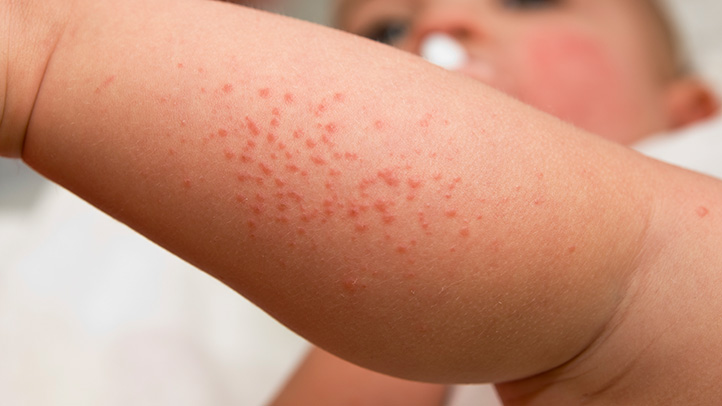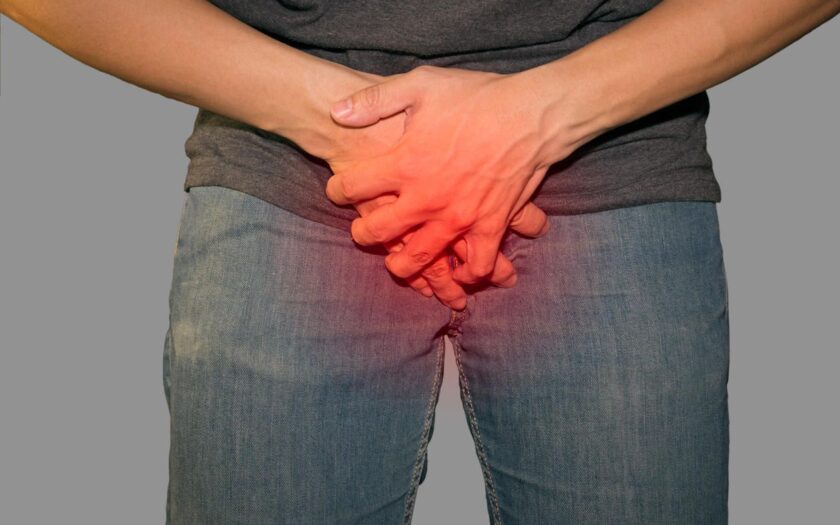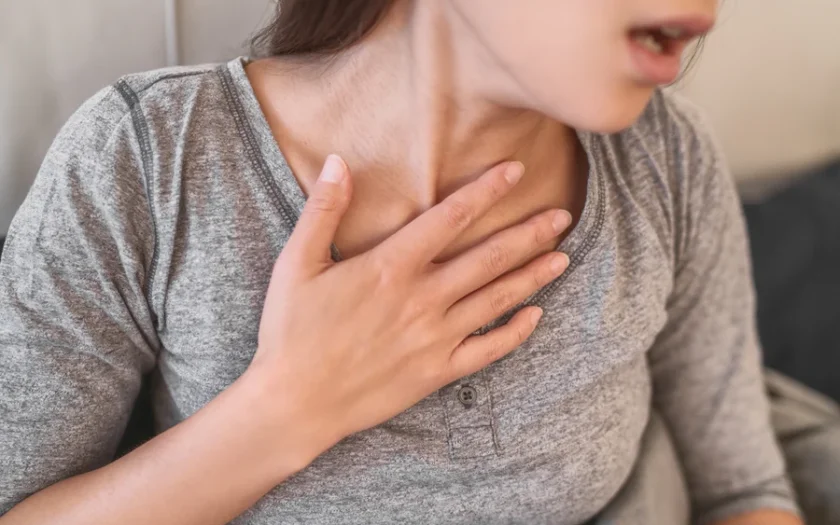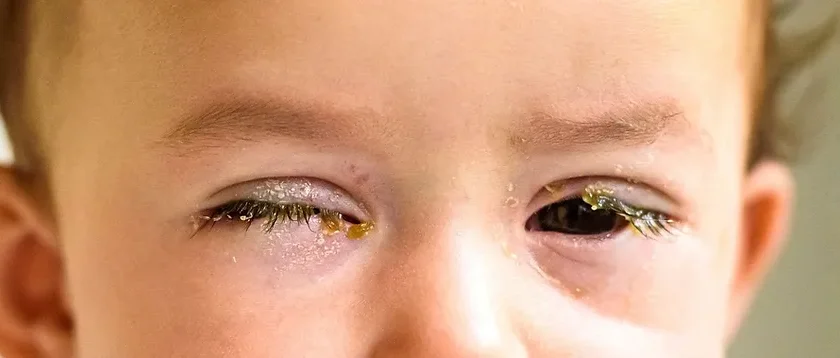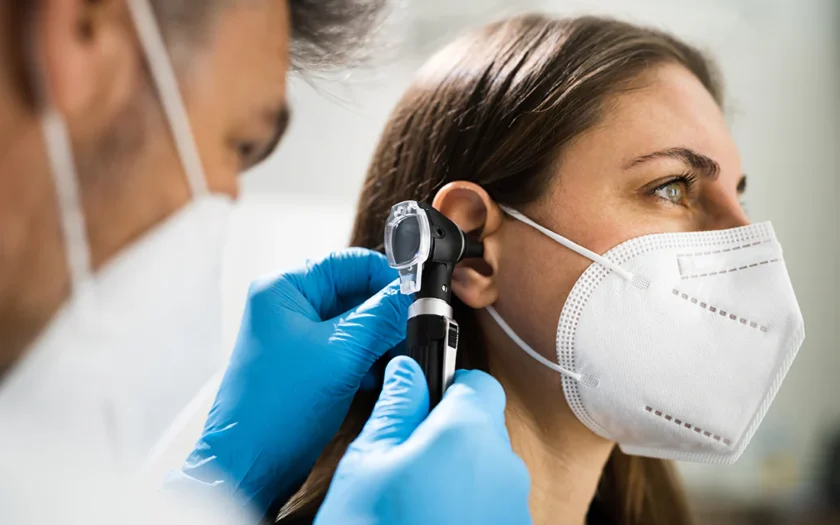Understanding Heat Rash: Causes, Symptoms, and Prevention Tips
Heat rash can cause several uncomfortable symptoms, including tiny red spots, clear blisters, or small lumps on the skin. It is often accompanied by an irritating itchy and prickling sensation, as well as redness in the affected areas. Heat rash typically develops in places where sweat collects and gets trapped, such as the armpits, back, under the breasts, chest, groin, elbow creases, the back of the knees, and around the waist.
